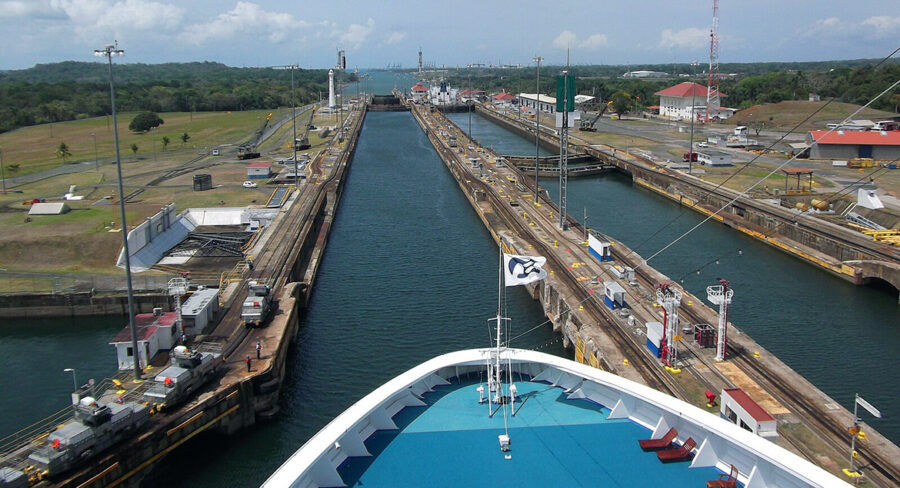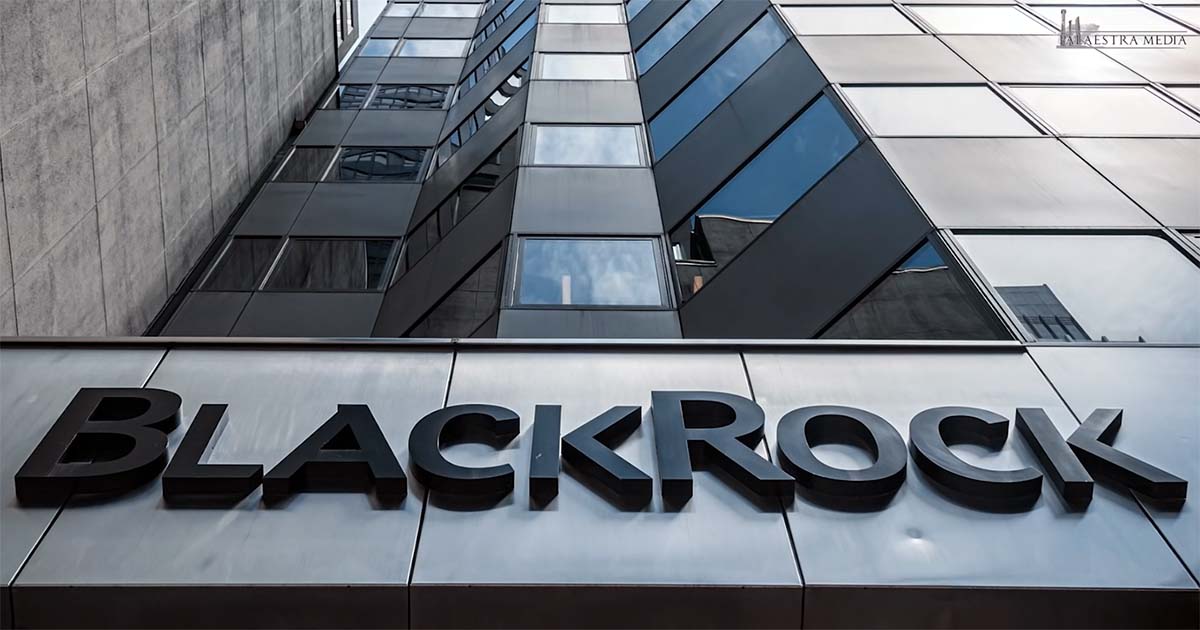A consortium led by American investment giant BlackRock has struck a deal to acquire controlling stakes in key ports on both sides of the Panama Canal, placing them under U.S. corporate oversight.
The agreement, valued at approximately $22.8 billion, sees Hong Kong-based conglomerate CK Hutchison Holdings Ltd. divest its ownership of the ports of Balboa and Cristobal, located at the Pacific and Atlantic entrances of the canal, respectively.
The transaction follows repeated calls by U.S. President Donald Trump to curb foreign influence—particularly Chinese interests—in the strategic waterway, a vital artery for international commerce.
The Panama Canal facilitates roughly two-thirds of its cargo traffic linked to the United States, making control over its surrounding infrastructure a matter of national interest.
Under the terms of the deal, the BlackRock-led group, which includes Global Infrastructure Partners and Terminal Investment Ltd., will acquire an 80% stake in Hutchison Ports, a subsidiary of CK Hutchison that operates not only the Panama Canal ports but also 43 additional ports across 23 countries.

The total equity value of the port operations purchased is reported at $14.21 billion, with the broader deal encompassing licenses and operational rights pushing the overall figure to $22.8 billion. The agreement excludes CK Hutchison’s port operations in China and Hong Kong, signaling a targeted shift away from Chinese-affiliated control.
Hutchison Ports has managed the ports of Balboa and Cristobal for over two decades, handling approximately 40% of the Panama Canal’s container traffic. This acquisition marks a significant victory for U.S. strategic interests, as it wrests control from a Hong Kong-based entity when concerns over China’s global economic footprint have intensified.
President Trump has frequently criticized foreign influence over the canal, even threatening to reassert direct U.S. authority over the waterway, which was transferred to Panama in 1999 under the Torrijos-Carter Treaties.
BlackRock, a New York-based firm managing $11.6 trillion in assets as of December, declined to provide detailed comments beyond a press release celebrating the deal’s implications for American infrastructure investment. The consortium’s broader portfolio acquisition includes ports in Mexico, the Netherlands, Egypt, Australia, and Pakistan, reinforcing its position as a major player in global logistics.
Panamanian officials have not formally responded to the announcement, though the country has previously expressed frustration with U.S. allegations of Chinese interference in canal operations. Earlier this year, Panama’s leadership rebuffed such claims as baseless, emphasizing its sovereignty over the canal.
The sale to an American-led group may ease some diplomatic tensions, though it remains unclear whether it will fully placate Trump’s calls for greater U.S. dominance in the region.
According to ABC News, analysts see the deal as a counterbalance to China’s Belt and Road Initiative, which has expanded Beijing’s influence across Latin America and beyond. By securing these ports, the U.S. strengthens its leverage over a chokepoint that handles around 5% of global maritime trade.
However, some observers note an irony: while the move reduces direct Chinese-linked ownership, it places significant power in the hands of BlackRock, a corporate titan whose influence spans multiple sectors worldwide.
The deal, described as an “agreement in principle,” is expected to finalize in the coming months, pending regulatory approvals.
As the Panama Canal remains a linchpin of global supply chains, this acquisition underscores the intersection of economic might and geopolitical strategy, with the United States signaling its intent to reclaim dominance over one of the world’s most critical trade routes.
Sources and related
- ABC News: Deal struck to bring ports on both sides of Panama Canal under American control
- Guernsey Press: BlackRock strikes deal to bring Panama Canal ports under American control
- NewsVoice: Marco Rubio’s Panama Visit – Is the US Secretary of State an Economic Hitman?



